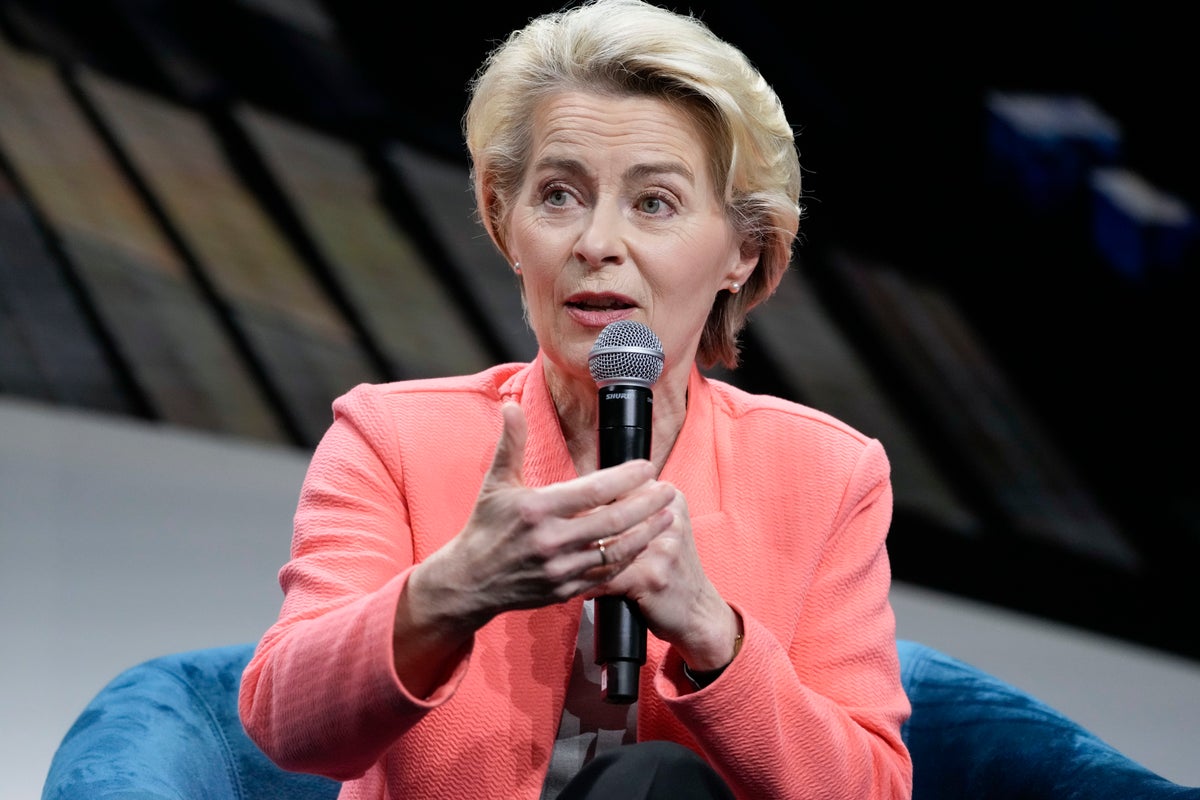
The European Union's executive arm proposed Thursday to create an ethics body that would set up common rules of conduct for institutions after the 27-nation bloc was rocked last year by a cash-for-influence scandal.
European Commission president Ursula von der Leyen supported its creation when she took office back in 2019, and her services stepped up action after the so-called Qatargate scandal shattered the EU Parliament.
The EU does not currently have comprehensive lobbying regulations and the Commission's proposal would establish common standards for all EU politicians when it comes to gifts, hospitality and travel offered by third parties.
“Standards will also apply to the acceptance of awards, decorations, prizes or honors,” the Commission said.
The body would also set transparency rules for meetings with interest representatives, activities of EU officials after they leave office, and how they declare their interests and assets.
Anti-corruption officials and parliamentarians deplored earlier this week that six months after a group of European Union lawmakers was swept up in the cash-for-influence scandal, no new anticorruption rules are in place at the European Parliament and the ones that do exist are not being enforced anyway,
When the scandal broke, von der Leyen said it threatened the confidence EU citizens have put in the 27-nation bloc’s institutions.
The independent ethics body would cover lobbying activities at the European Commission, the European Council and European Parliament, as well as at the European Central Bank, the European Court of Justice, the European Court of Auditors, the Economic and Social Committee and the Committee of the Regions.
“If Europeans are to have faith in our Union, its institutions should be open and beyond reproach on ethics, transparency and integrity," von der Leyen said.
The Commission is proposing that the new body — which won't have investigating powers — would feature a rotating chair designed among all participating institutions. Five independent experts would also be involved.
The lack of investigative powers in the proposal has been criticized by many EU lawmakers.
“Europe deserves better than half-baked proposals," said Stéphane Séjourné, the president of Renew Europe. “We need an independent ethics body with investigative powers, not a toothless bulldog. Europe’s conservative politicians must stop burying their heads in the sand and learn the lessons of the Qatargate scandal.”
The Commission will now invite officials from all EU institutions and advisory bodies to a July meeting in Brussels to start talks on the proposal.







